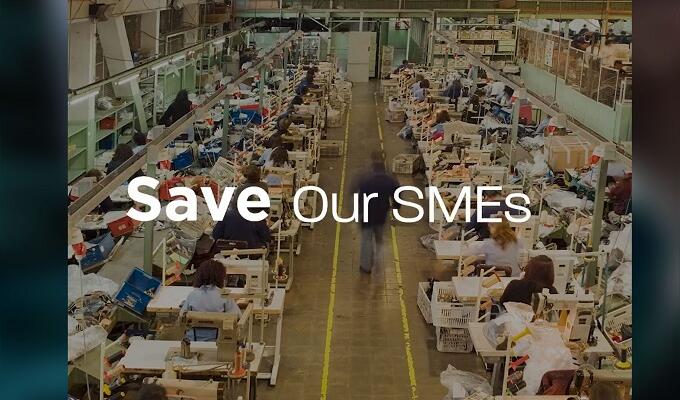
Saving our small businesses
In many economies, micro, small and medium-sized enterprises either are the economy or account for a huge proportion of economic and employment activity.
When we look at the impact of the COVID-19 pandemic, and the huge macroeconomic shock that followed, we can clearly see that we need to take action to save small businesses.
The International Chamber of Commerce (ICC) was founded in 1919 – in the wake of the First World War and during the global Spanish flu pandemic – on the conviction that international commercial exchanges are conducive to both greater global prosperity and peace among nations. A century on, we are still convinced that open world trade is essential to delivering peace, prosperity and opportunity for all.
However, the notion of open world trade underpinned by a rules-based multilateral system has been increasingly challenged in recent years. The current health and socio-economic crisis has exacerbated this. Three key drivers in trade policy are having significant implications for small businesses in particular.
First there is a misconception that open trade is a cause of social and economic ills, rather than one of the key instruments in the policy tool kit that can alleviate them. ICC believes that generating more opportunities for small businesses generally, and women entrepreneurs in particular, will not only help make the system fairer and more efficient but also address some of the underlying political dynamics hindering the multilateral trading system.
Secondly, the abrupt halting of economic activity triggered by COVID-19 has led to a rethinking of global value chains. Governments and businesses alike are rightly focused on improving their resilience in the face of further possible unsynchronized shocks. Many of the risks posed by the current global economic downturn, changes to supply chain operations and policy interventions designed to move production will inevitably affect small businesses and vulnerable groups. Both governments and multinationals must ensure that the impact on small business is the first priority when making any changes to complex supply-chain operations.
Thirdly, the economic shock of COVID-19 is likely to include a significant trade finance shortfall once borders open and demand increases. ICC estimates that $2-$5 trillion in credit is needed to support the recovery of imports and exports.
Given that small businesses, businesses in developing countries and women entrepreneurs tend to face greater obstacles accessing trade finance, the private and public sectors must work together to address this and ensure greater access to capital for these groups.
With this in mind, ICC’s #SaveOurSMEs campaign calls for governments to design interventions that focus on small businesses and the two billion workers employed by them in the real economy, as well as for multinational companies to protect smaller businesses that are part of their value chains.
The path to a resilient recovery from the current crisis will be not be simple. We need to understand better the challenges small businesses are facing, and develop a suite of policies that provide them with appropriate support and better access into global markets.
Only then, can we squarely address two of the fundamental fragilities exposed by the COVID-19 pandemic: economic exclusion and social inequality.



